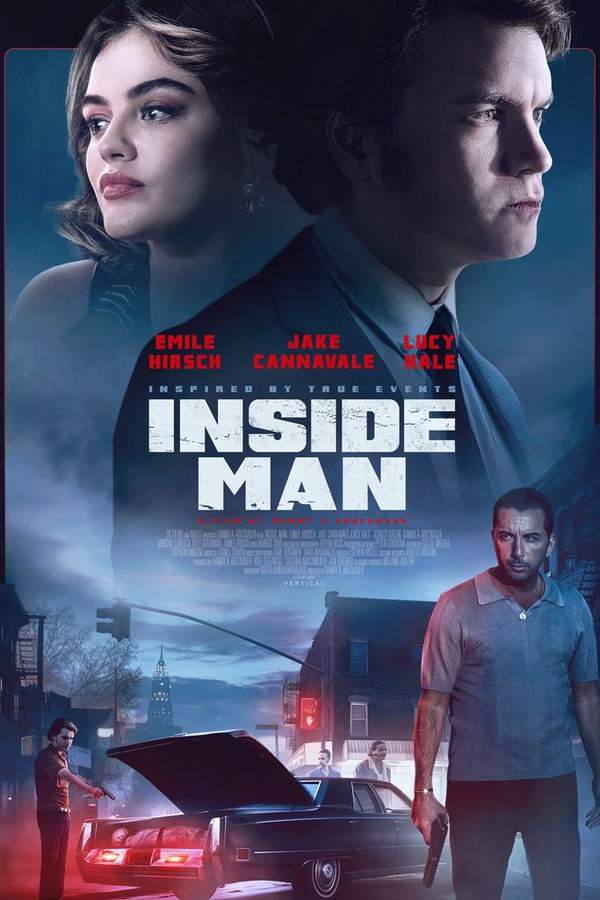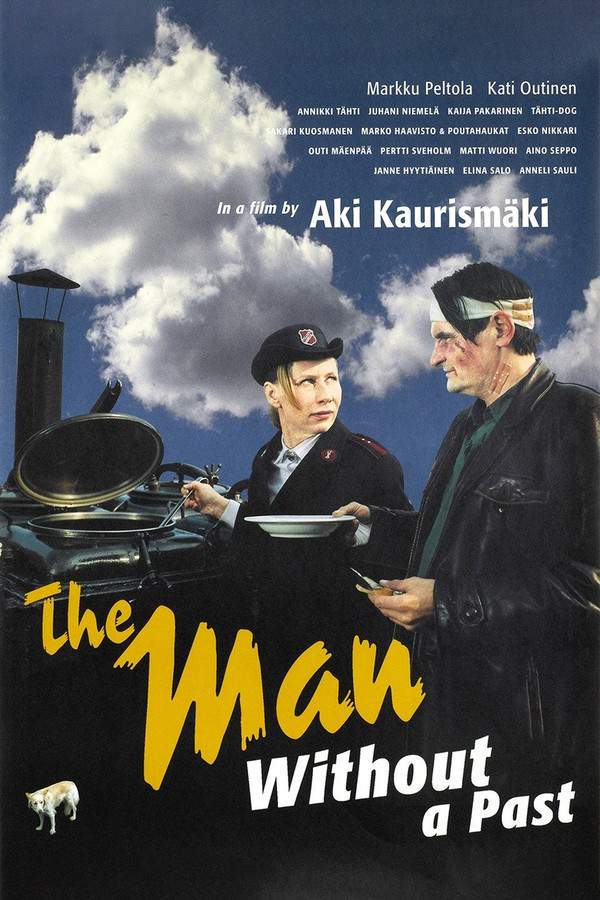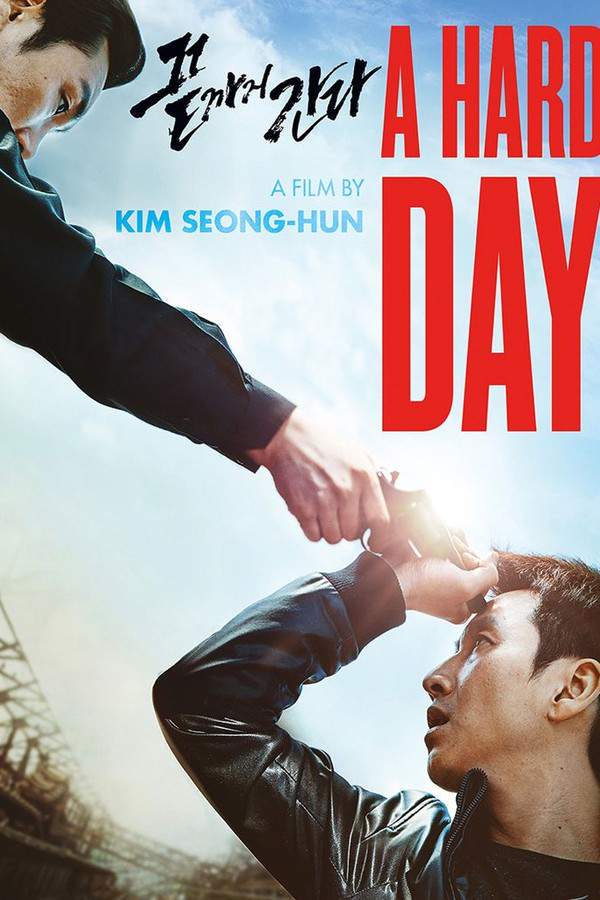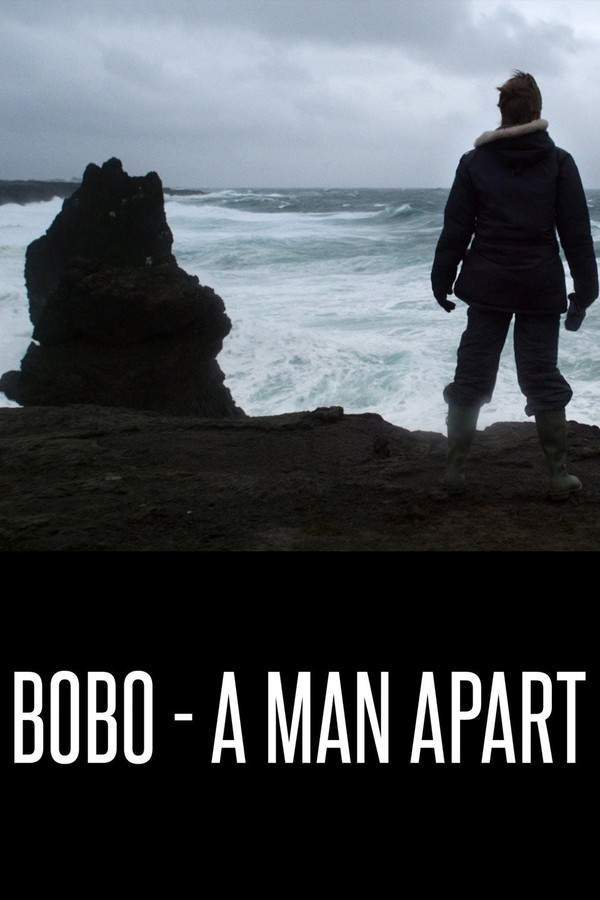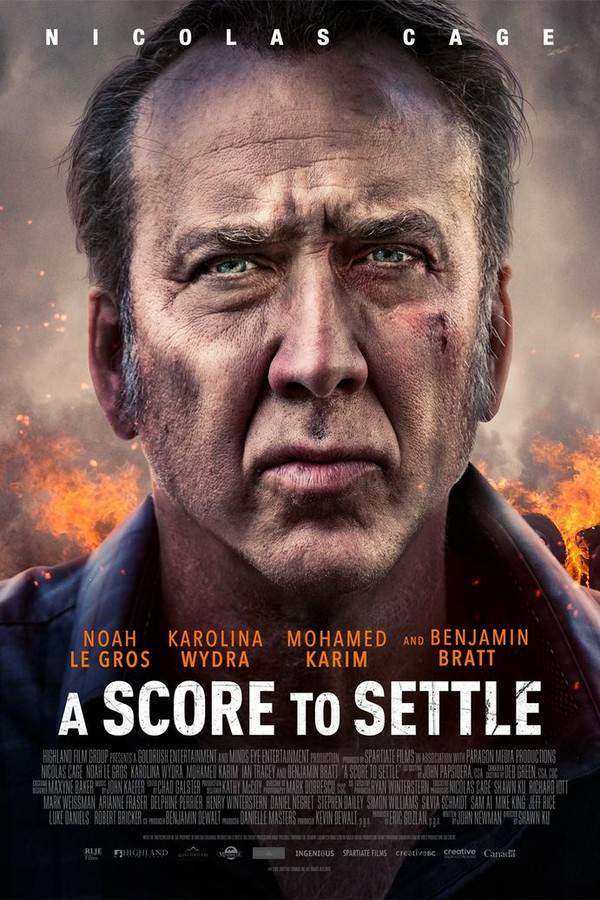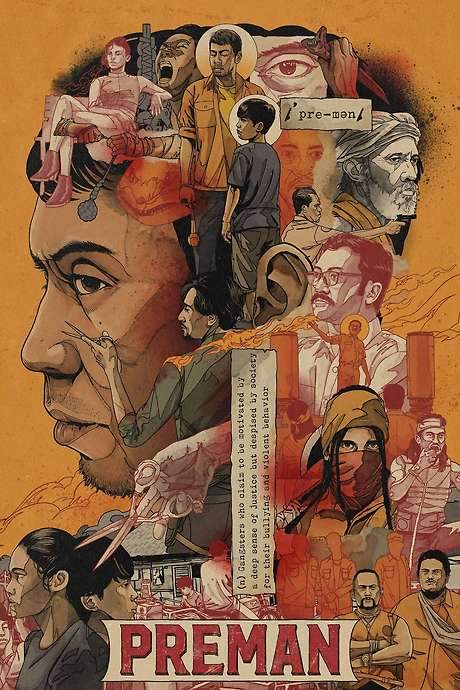A Man of Reason 2024
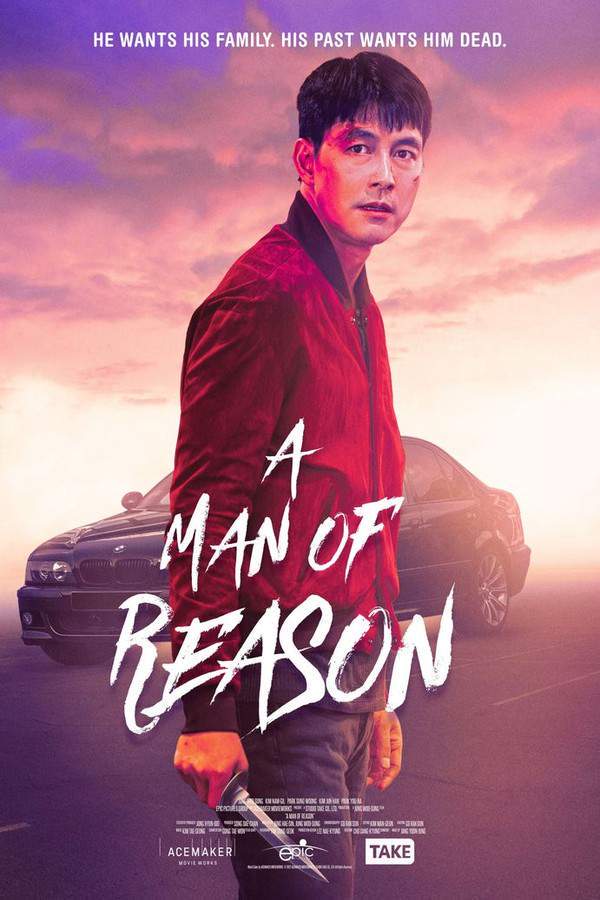
Seeking a peaceful life with his family after a decade spent working for a ruthless crime boss, former convict Su-hyuk finds normalcy elusive. He is drawn back into the dangerous world he desperately tried to leave behind, forced to confront the repercussions of his past and fight to protect those he loves.
Does A Man of Reason have end credit scenes?
No!
A Man of Reason does not have end credit scenes. You can leave when the credits roll.
Meet the Full Cast and Actors of A Man of Reason
Explore the complete cast of A Man of Reason, including both lead and supporting actors. Learn who plays each character, discover their past roles and achievements, and find out what makes this ensemble cast stand out in the world of film and television.

Park Sung-woong
Eung-gook

Choi Soo-im
Ballet Teacher

Jung Woo-sung
Soo-hyeok

Kim Nam-gil
Woo-jin

Jun-han Kim
Seong-joon

Yoo-na Park
Jin-ah

Ryu Jian
In-bi

Lee Elijah
Min-seo

Kwon Eun-sung
Scooter Kid

Lee Hyo-Bi
Joon-ho's daughter

Song Ji-woo
In-bi's friend

Kim Joo-hun
Joon-ho

Park Sung-Geun
Big Brother

Park Yong
Minister Shin
External Links and Streaming Options
Discover where to watch A Man of Reason online, including streaming platforms, rental options, and official sources. Compare reviews, ratings, and in-depth movie information across sites like IMDb, TMDb, Wikipedia or Rotten Tomatoes.
Ratings and Reviews for A Man of Reason
See how A Man of Reason is rated across major platforms like IMDb, Metacritic, and TMDb. Compare audience scores and critic reviews to understand where A Man of Reason stands among top-rated movies in its genre.

The Movie Echo Score
A Man of Reason generates a polarized response, with critics faulting its narrative cohesion while many viewers commend its visual flair and energetic set pieces. The film excels in kinetic cinematography and stylized action, delivering a compelling sensory experience that many find entertaining on repeat viewings. However, its plot often meanders, relying on archetypal characters and uneven pacing, which diminishes emotional resonance. The net impression is a competent genre piece whose strengths are offset by structural shortcomings, resulting in a mixed but moderately positive overall evaluation.
The Movie Echo Score Breakdown for A Man of Reason

Art & Craft
In terms of direction and production design, the film presents a polished aesthetic, highlighted by dynamic camera work and well‑executed period sets. Reviewers note the striking color palette and meticulous framing of action sequences, although some critics find the overall craftsmanship uneven. The editing maintains a brisk rhythm during set‑pieces but falters in slower dramatic moments. Overall, the visual and technical execution is solid, contributing appreciably to the film’s professional look.

Character & Emotion
When it comes to acting and character depth, the cast delivers moments of nuance, especially in supporting roles that add texture to the narrative. Several viewers praise the lead’s presence and the chemistry among the ensemble, while critics point to thinly drawn archetypes and occasional wooden performances. The emotional resonance fluctuates, with stronger impressions in action‑driven scenes and weaker impact in quieter character moments. Consequently, character work is competent but not uniformly compelling.

Story & Flow
Storywise, the plot struggles with coherence, as reviewers cite a disjointed structure and reliance on familiar tropes. The pacing oscillates between gripping chase sequences and laborious expository passages, leading some to describe the narrative as uneven. Originality is limited, with the screenplay offering few surprising turns, though a few side characters receive modest development. The overall assessment reflects a mixed reception, where moments of intrigue are undermined by a generally predictable and uneven storyline.

Sensory Experience
The sensory experience stands out, with a soundtrack that underscores tension and a visual style that blends gritty realism with stylized flair. Critics and users alike commend the crisp sound design and the film’s ability to make action scenes feel immersive. The cinematography captures atmospheric locales and employs inventive lighting, enhancing the mood. While the auditory and visual elements consistently receive praise, they do not fully compensate for other weaknesses, yet they remain a high point of the production.

Rewatch Factor
Rewatch value is moderate, as many viewers find the film entertaining enough to merit a second viewing, drawn by its stylish action and atmospheric setting. The fast‑paced sequences and visual polish provide repeat appeal, though the narrative’s predictability may limit long‑term excitement. Some critics question its lasting impact due to the uneven story, but the overall enjoyment derived from the sensory components supports a respectable replay factor.


33%
TOMATOMETER

30%
User Score

/10
IMDb Rating

67
%
User Score

3.8
From 5 fan ratings

5.00/5
From 1 fan rating
Take the Ultimate A Man of Reason Movie Quiz
Challenge your knowledge of A Man of Reason with this fun and interactive movie quiz. Test yourself on key plot points, iconic characters, hidden details, and memorable moments to see how well you really know the film.
A Man of Reason Quiz: Test your knowledge of the movie 'A Man of Reason' and its themes surrounding inequality, anarchism, and personal struggle.
What traumatic event deeply impacted Lucio's view on financial institutions?
His childhood friend abandoning him
His father being rejected by the bank on his deathbed
Watching a bank robbery
Experiencing poverty firsthand
Show hint
Full Plot Summary and Ending Explained for A Man of Reason
Read the complete plot summary of A Man of Reason, including all major events, twists, and the full ending explained in detail. Explore key characters, themes, hidden meanings, and everything you need to understand the story from beginning to end.
Since he was a child, Lucio (Juan José Ballesta) has been acutely aware of the stark inequalities in the world, particularly showcasing the heartlessness of banks towards the working class. In 1942, as his father lay dying, Lucio’s plea for financial assistance from the bank was met with rejection, solidifying his belief that the bourgeoisie would always neglect those from the working class, even in their final moments. After his father’s passing, Lucio harbored dreams of moving to Paris with his sister, Satur (Ana Polvorosa), but her insistence on him serving in the military altered his plans. She promised they could reunite in Paris once he completed his service.
In 1952, Lucio escaped from his military post and rejoined Satur, sharing tales of his ventures into smuggling, a career that had initially flourished but later soured due to betrayal within his team. This escapade landed them in a military prison, but Lucio’s daring escape left him consumed by guilt for abandoning his comrades. Although Satur urged him to return and take responsibility, Lucio found himself unprepared to do so.
With assistance from Satur’s husband, Patrick (Fred Tatien), who worked at the mint, Lucio secured a job as a bricklayer. His unmatched work pace astonished older colleagues, who, during break, proposed that Lucio’s spirit echoed that of an anarchist. Intrigued, he joined the Constituent Assembly of the Clichy Anarchist Association, where he was indoctrinated with the belief that money was the root of evil in society and came to understand the exploitation perpetrated by banks against their workers.
One significant figure in this realm was Quico Sabate (Miki Esparbe), a legendary anarchist and urban guerrilla known for robbing banks to redistribute wealth. Lucio’s rebellious nature soon caught Quico’s attention, leading to a bond where they contemplated the corruption within society. Their initial dinner was a resonance of thoughts, > “bankers and priests are equally untrustworthy,” showcasing their shared disdain for authority.
Lucio’s journey into crime escalated with his attempts to rob banks, culminating in a second successful heist that left him brimming with newfound confidence and purpose. They split the ill-gotten gains into three parts, ensuring that they supported local anarchists, families of imprisoned friends, and compensated their own team.
However, the police were hot on their trail, led by Inspector Costello (Alexandre Blazy), who had started recognizing the patterns of Spanish anarchists behind the crimes. When captured, Lucio managed to evade charges due to lack of evidence, yet suspicions loomed large over him. As tensions rose, Lucio clashed with Quico over the means of revolution; Lucio believed in spreading the ideology through persuasive means rather than violence, which Quico resented.
When Quico decided to return to Spain, Lucio redirected his focus to a more peaceful approach, setting up a printing press with the assistance of Anne (Liah O’Prey), a college student passionate about the social revolution. As they forged a deep connection amidst their shared revolutionary ideals, Lucio’s view blended art with action, although their relationship began under the shadow of a looming police presence.
The news of America’s intervention in Cuba ignited a spark in Lucio, and alongside Anne, they brainstormed ways to aid the cause, ultimately deciding to forge documents to facilitate their mission. Their successful forging of dollar bills led to ambitious plans that involved meeting with Che Guevara (Michel Noher) to discuss the potential of their counterfeit money devastating the American economy.
However, as Lucio’s endeavors escalated, so too did the stakes. He faced arrest multiple times, even as he celebrated becoming a father. With a brief taste of freedom through conditional bail, Lucio continued his resistance work but ultimately fell back into his risky ventures of forgery, driven by a desire to support the anarchist movement.
As police protocols intensified, Lucio conceived a precarious plan to distribute forged traveler’s checks across several banks blindly, ultimately funding the cause. But betrayal lurked in the shadows, leading to his eventual arrest during a meeting that had promised financial windfall but instead revealed treachery at the hands of those he trusted.
Through a series of unfortunate events—including mistaken alliances and ever-watchful law enforcement—Lucio took to negotiating with the City Bank, leveraging his printing plates for his freedom and significant funds for his cause. After a tense standoff, a deal was struck, allowing Lucio to leave and join his family in Bolivia.
In the aftermath of these tumultuous events, Lucio remained a figure of fascination and defiance, illustrating the cyclic nature of struggle against systemic oppression, even as he and Anne parted ways yet maintained a bond that transcended their turbulent history. The narrative closed with the shifting landscape of banking, as the legacy of his actions led to the advent of new financial methodologies, highlighting how one man’s rebellion against oppressive structures could reverberate through time and society.
Uncover the Details: Timeline, Characters, Themes, and Beyond!

Coming soon on iOS and Android
The Plot Explained Mobile App
From blockbusters to hidden gems — dive into movie stories anytime, anywhere. Save your favorites, discover plots faster, and never miss a twist again.
Sign up to be the first to know when we launch. Your email stays private — always.
Watch Trailers, Clips & Behind-the-Scenes for A Man of Reason
Watch official trailers, exclusive clips, cast interviews, and behind-the-scenes footage from A Man of Reason. Dive deeper into the making of the film, its standout moments, and key production insights.
A Man of Reason Themes and Keywords
Discover the central themes, ideas, and keywords that define the movie’s story, tone, and message. Analyze the film’s deeper meanings, genre influences, and recurring concepts.
A Man of Reason Other Names and Titles
Explore the various alternative titles, translations, and other names used for A Man of Reason across different regions and languages. Understand how the film is marketed and recognized worldwide.
Similar Movies To A Man of Reason You Should Know About
Browse a curated list of movies similar in genre, tone, characters, or story structure. Discover new titles like the one you're watching, perfect for fans of related plots, vibes, or cinematic styles.
Quick Links: Summary, Cast, Ratings, More

What's After the Movie?
Not sure whether to stay after the credits? Find out!
Explore Our Movie Platform
New Movie Releases (2025)
Famous Movie Actors
Top Film Production Studios
Movie Plot Summaries & Endings
Major Movie Awards & Winners
Best Concert Films & Music Documentaries
Movie Collections and Curated Lists
© 2025 What's After the Movie. All rights reserved.











